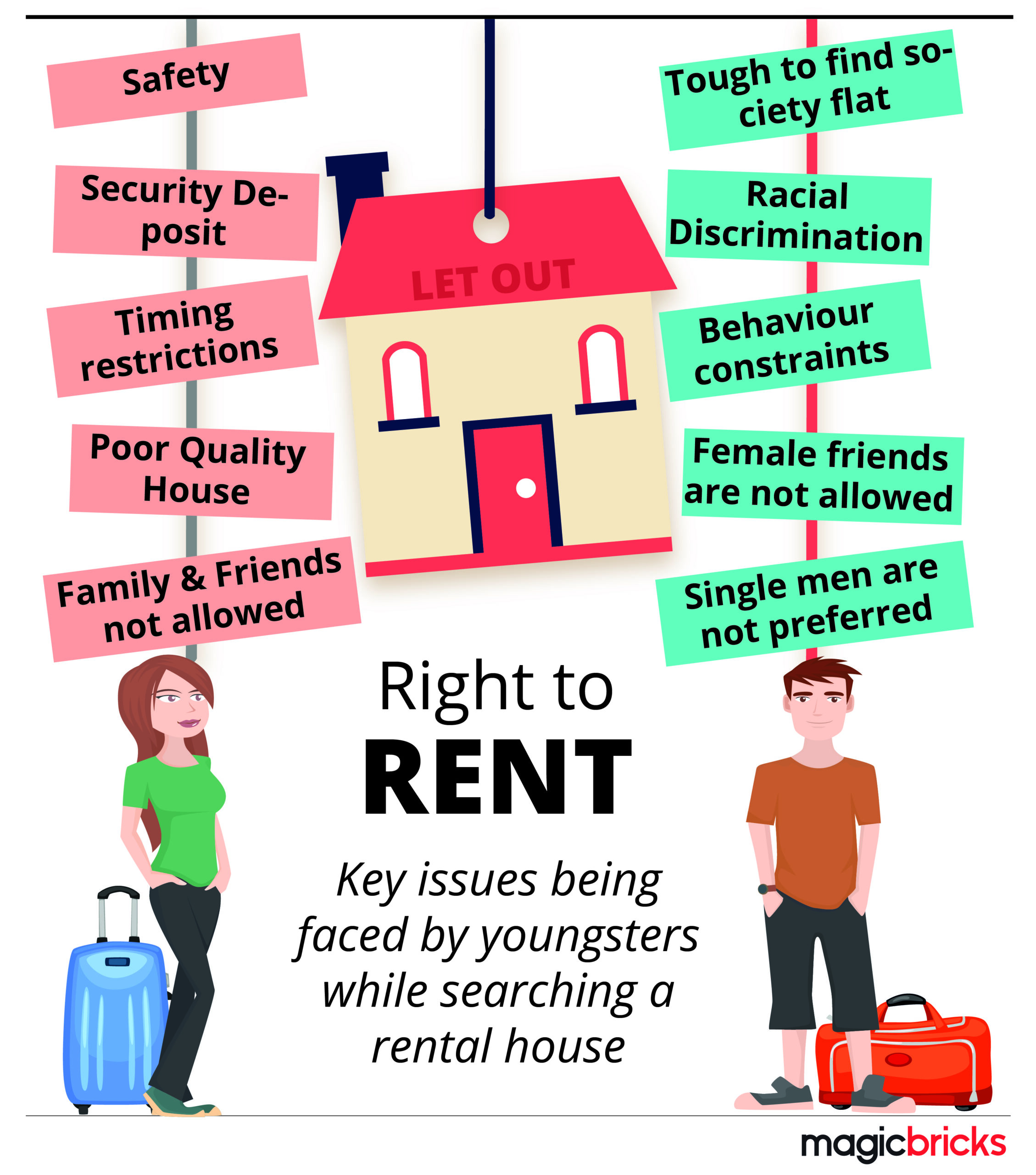Tenants are the people who reside in rented properties. They are entitled to certain rights under the law.
These rights include protection from eviction, protection of their deposits, protection from harassment and discrimination, and more.
Tenant rights can be protected by following these steps:
- Know who to contact if you need helpMost people are not aware that they can contact a writer’s organization if they need help. Organizations will provide referral services to qualified copywriters.
- Know what to do if your landlord is harassing you or discriminating against youIf you are being discriminated against by your landlord for a reason like your race, religion, disability, or gender identity and the discrimination is keeping you from living in the home you want to live in, then you may be able to take legal action.
- Know your responsibilities as a tenantAs a tenant, you are obligated to pay rent on time and keep the rental property clean. You should notify your landlord in the event of any maintenance issues, and be mindful of noise restrictions.
The Importance of Tenant Rights
Tenant rights are important for all tenants, but especially for those who are living in poverty. For example, the right to a safe and livable home is an important tenant right.
Tenants have rights that are guaranteed by law. These include the right to:
- The Right to a Safe and Livable Home
- The Right to Privacy and Quiet Enjoyment of Premises
- The Right of Access to Utilities
Your Rent Payment and the Lease Agreement
When you sign a lease terms and agreement, you are agreeing to pay the rent for the property for a specific period of time. The landlord promises to provide the premises and you will be responsible for paying the agreed-upon rent. This is a legally binding contract that can only be terminated if there is an agreement from both parties or if one party violates the terms of the contract.
Your Co-Tenant’s Rights in the Lease Agreement
If you are the co-tenant of a lease agreement, you have certain rights that the landlord does not have.
In a lease agreement, the tenant has certain rights that the landlord does not have. For example, they can sublet their property and change their locks without informing the landlord. However, there are some restrictions to these rights. For instance, they cannot change locks if they owe rent or if they are in violation of any terms in their lease agreement.
The Eviction Process for Nonpayment of Rent or Breaking a Lease Agreement
The eviction process begins with the landlord giving the tenant a written notice to move out of the rental property. The notice can be delivered in person, by mail, or by posting it on the property. The notice must include:
- The date that the tenant has to be out of the property
- A statement that if they are not out by this date, they will be evicted
- A statement that if they do not leave after being given an eviction order, law enforcement may be contacted to remove them from their home
- A statement about what will happen to their belongings left behind after they have been removed from their home
- An offer for assistance in moving and storing their belongings
- Information about where they can contact a lawyer or legal aid organization for help




